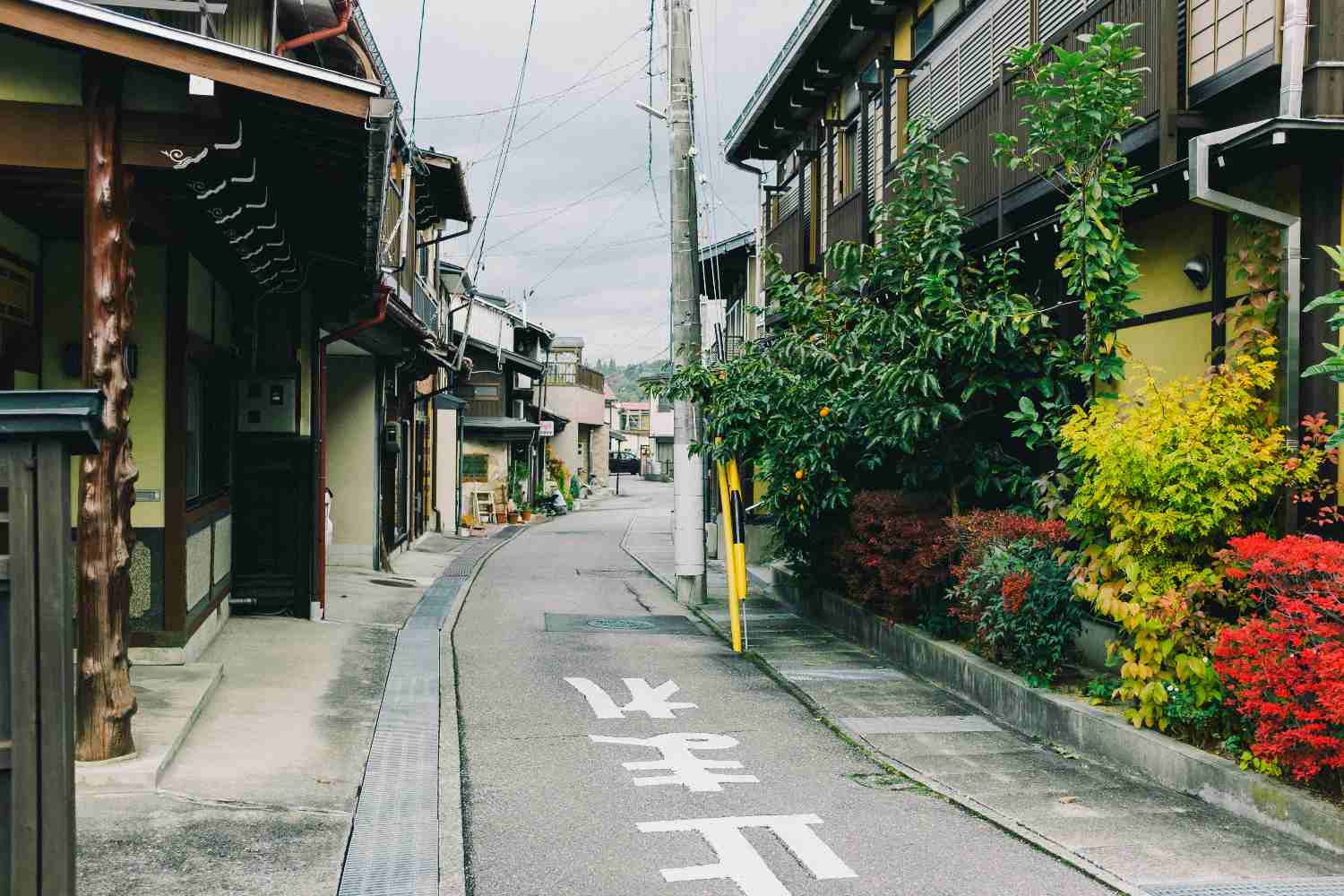Japan faces a housing paradox with millions of abandoned homes amid a declining population. Bureaucratic hurdles and emergency risks complicate the situation.

@Leeloo The First/Pexels
Japan, renowned for its efficiency and modernity, is currently grappling with a paradox: an excess of homes in a country with a shrinking population. The number of vacant houses has surpassed 9 million, which is approximately 14% of the national housing stock. These are not just rural cottages left behind in the mountains; the phenomenon of akiya—abandoned homes—is spreading to urban centers like Tokyo and Kyoto as well.
At the heart of the issue lies a dramatic demographic decline. With a birth rate of only 1.2% (well below the 2.1% needed to maintain generational replacement) and a constantly growing elderly population, many homes remain without heirs. Moreover, younger generations prefer to move to larger cities, leaving small towns increasingly deserted, with vacant properties piling up.
Bureaucratic hurdles and financial incentives
In addition to the demographic challenge, there are significant bureaucratic obstacles. Some properties are caught in a sort of legal limbo: it is difficult to determine ownership, making demolition or renovation impossible. From a fiscal standpoint, it may even be more advantageous to keep an empty house than to demolish it. This creates a situation where the problem is perpetuated rather than resolved.
While there are social media initiatives showcasing foreigners transforming these homes into trendy cafes or tourist accommodations, the reality is far more complex. The purchasing procedures are not straightforward, often requiring advanced linguistic and cultural knowledge. Additionally, the cheaper homes typically need expensive renovations to make them habitable.
A struggle for investors and emergency response concerns
Some investors have found success in turning these homes into sources of income, but the journey is slow, requiring local connections and a deep understanding of Japan’s systems. For those looking for a quick deal, akiya can be a bottomless pit.
However, the issue is not just confined to the real estate market. In the event of earthquakes or tsunamis, dilapidated houses can obstruct rescue operations or block escape routes. The result? A situation that’s increasingly difficult to manage, one that threatens to bring down property values in entire rural areas. Meanwhile, millions of homes remain in limbo—not just waiting for a buyer, but for someone to restore them to functionality in a country where the urgency is not to build, but to inhabit once more.
